How to deep clean a juicer fast using baking soda and vinegar
Everything you need is in your pantry

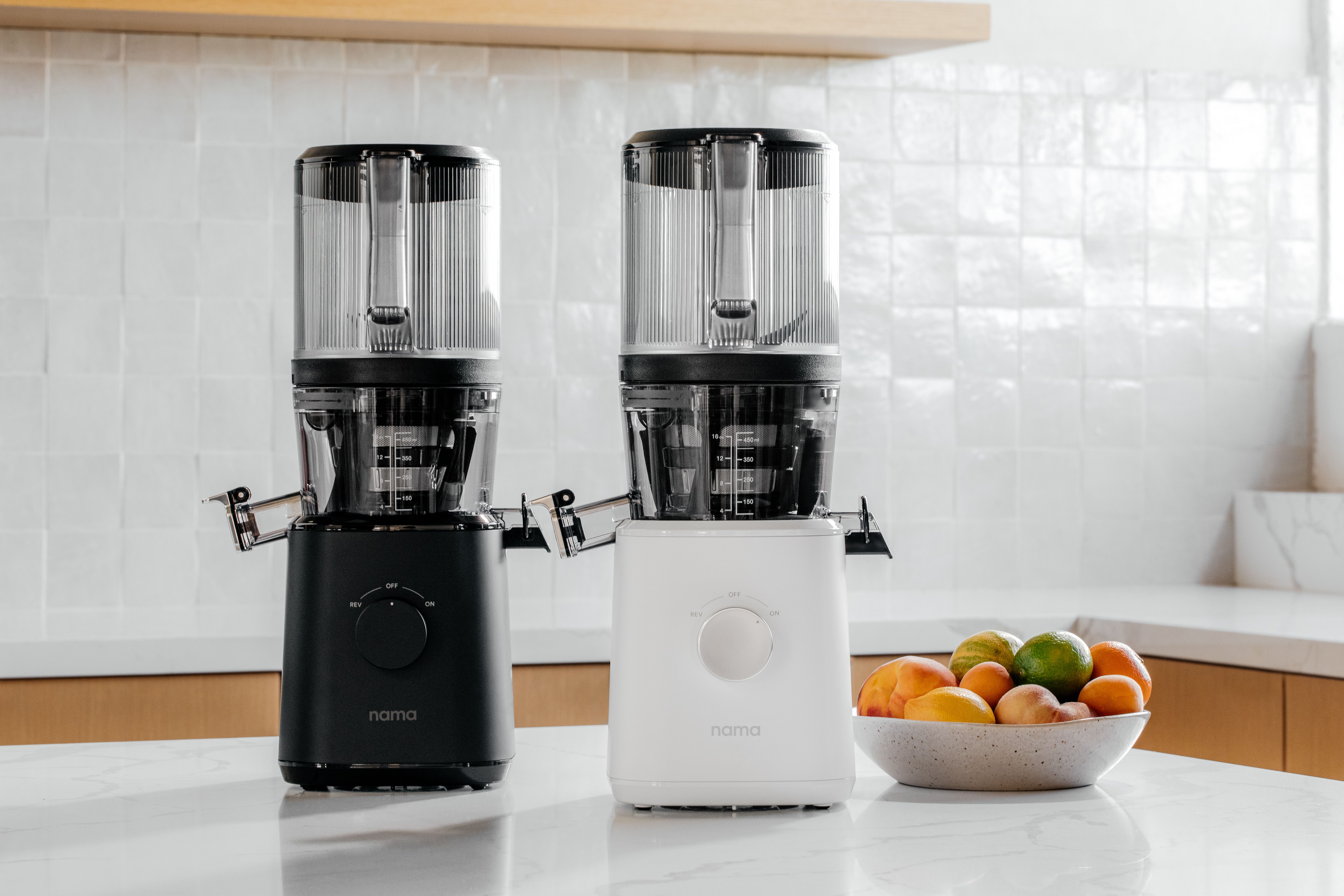
Design expertise in your inbox – from inspiring decorating ideas and beautiful celebrity homes to practical gardening advice and shopping round-ups.
You are now subscribed
Your newsletter sign-up was successful
Want to add more newsletters?

Twice a week
Homes&Gardens
The ultimate interior design resource from the world's leading experts - discover inspiring decorating ideas, color scheming know-how, garden inspiration and shopping expertise.

Once a week
In The Loop from Next In Design
Members of the Next in Design Circle will receive In the Loop, our weekly email filled with trade news, names to know and spotlight moments. Together we’re building a brighter design future.

Twice a week
Cucina
Whether you’re passionate about hosting exquisite dinners, experimenting with culinary trends, or perfecting your kitchen's design with timeless elegance and innovative functionality, this newsletter is here to inspire
Even if you clean your juicer regularly and relatively thoroughly, it's important that you know how to deep clean a juicer too. Over time, it's inevitable that you will get color, residue, and odor build-up, eliminating these is essential if you want your juicer to last a long time.
You'll often find that the best juicers are some of the hardest to deep clean. They come with lots of little parts that you can wash over with your daily juicer cleans, but these parts need more attention in the longer term.
I asked cleaning experts for their advice on how to deep clean a juicer using home remedies, clever tricks, and industry tips. Here's everything you need to know.
Why is it important to deep clean your juicer?
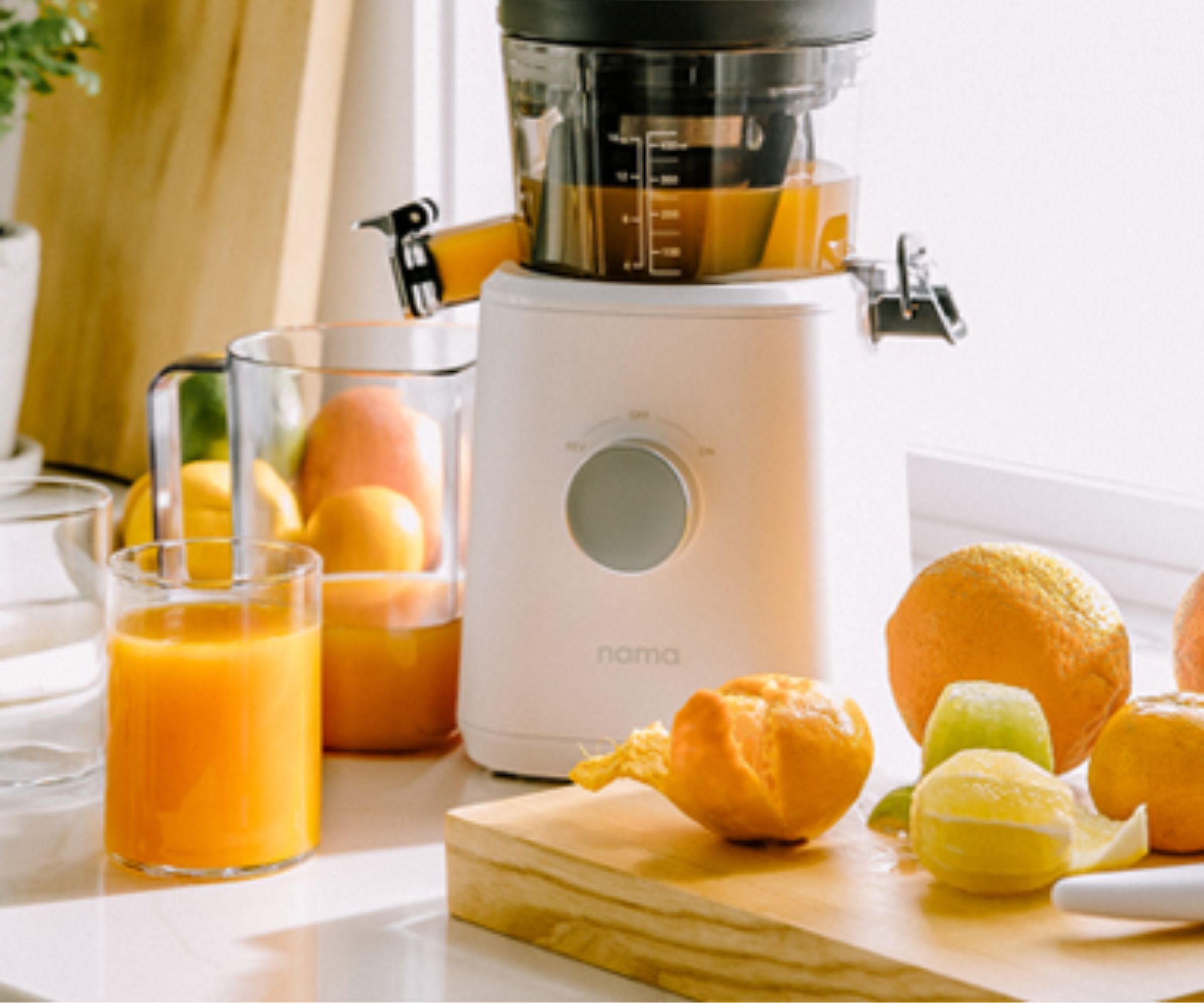
It might seem obvious, but deep cleaning your juicer is one of the most important things that you can do to make healthy juices. Yessica Bello, home cleaning specialist and founder of Bello's Cleaning, says 'You should clean your juicer after every use to avoid residue buildup which can lead to mold and bacteria growth. This also keeps it functioning efficiently.'
Clogged pulp and fibers in the screens and blades will mean that you get less yield from your ingredients, slower, and you'll also smell a compost-like odor from your juicer. If you clean yours deeply, and regularly, your juicer won't suffer from any rust or wear and tear.
How to tell if your juicer needs deep cleaning
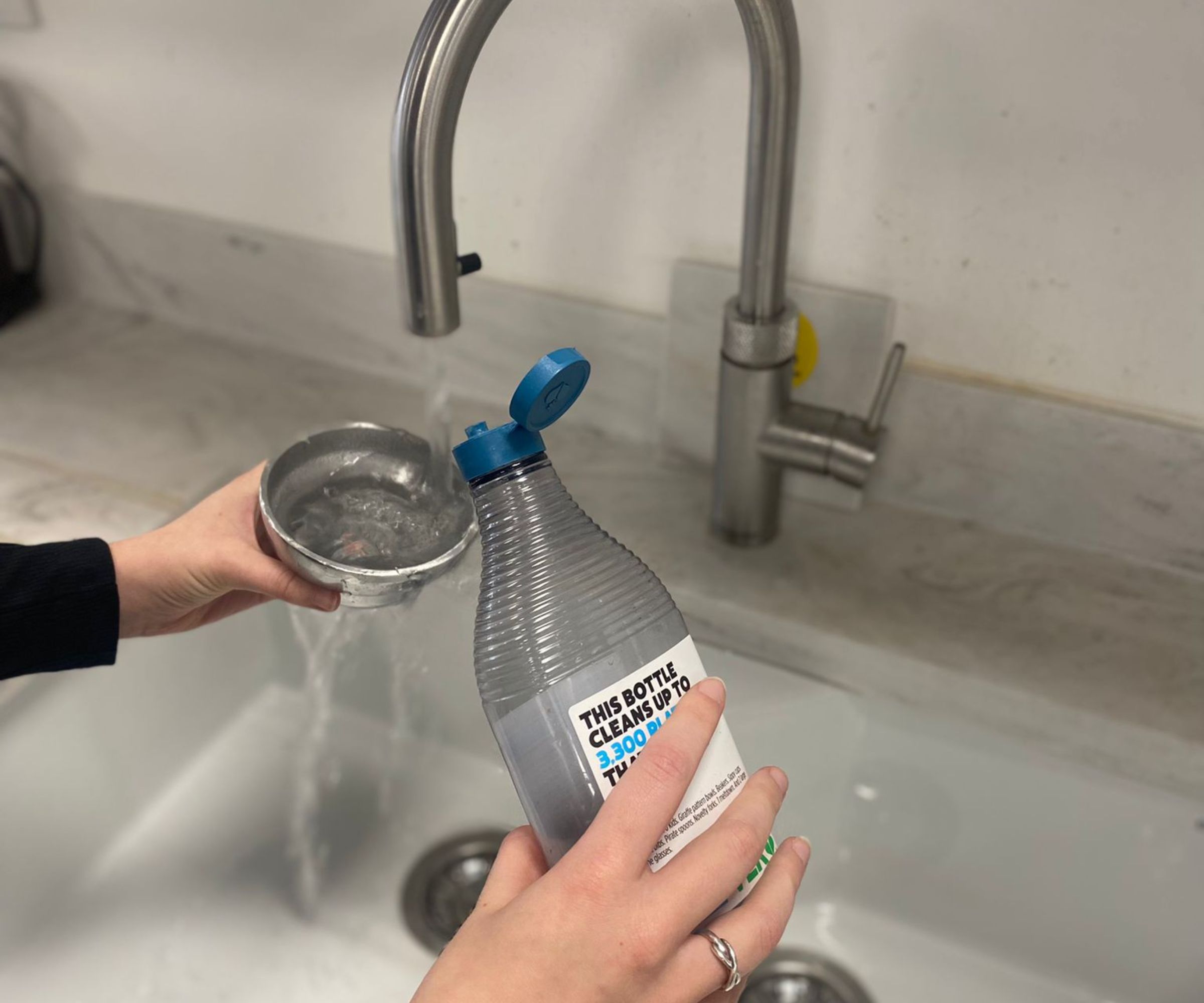
We all know that you should clean your juicer after every use, but how can you tell that your juicer needs a deep clean? Yessica Bello has some tips. 'It's all about the visuals really,' Yessica says. 'If you can see visible pulp residue and staining, you'll know that your juicer needs more attention than a simple wash in warm soapy water.' She also says that slower performance, strange noises, and a fermenting odor can be indicators that you need to do a deep clean.
I always think it's better to do your deep clean before you can see the signs. I use my juicer on some tough ingredients (ginger, carrots, and almonds) every day, so I like to schedule a deep clean on my Saturday mornings after I have used the juicer. That way, I know that my juicer is being well-maintained every week. It's also less of a tough job if I do it little and often.
Design expertise in your inbox – from inspiring decorating ideas and beautiful celebrity homes to practical gardening advice and shopping round-ups.
How to deep clean your juicer
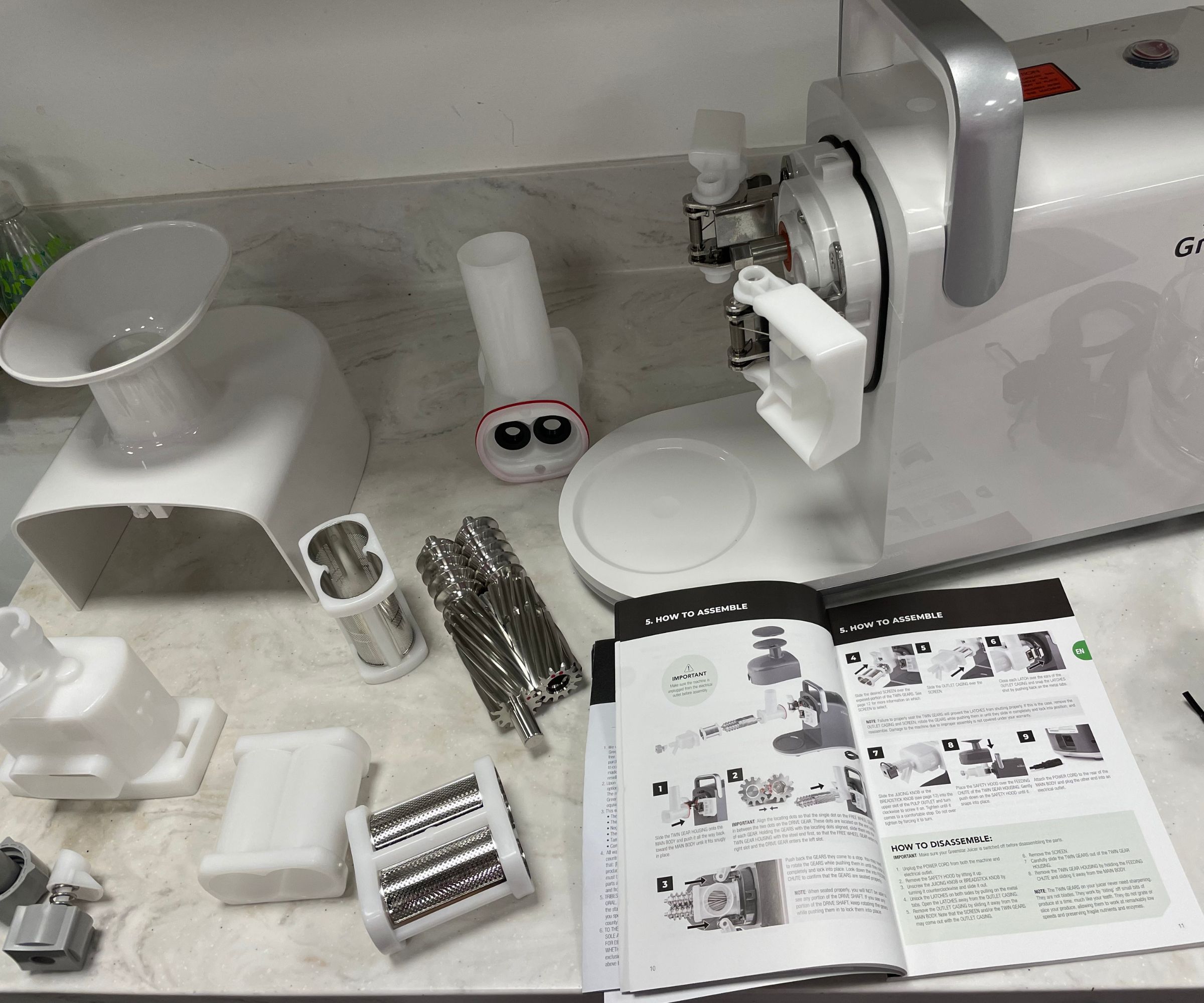
Deep cleans don't have to be a drag. Eliana Coca, founder of E.C. House Cleaning, says 'Once a week, take your juicer apart. Fill a sink or bowl with a solution of water and white vinegar, in a 1:1 part ratio and then drop all of your juicer pieces into the solution to soak. I'd leave them in there for thirty minutes if you want to eliminate stubborn residue. This should also sterilize your juicer.'
Eliana says, 'Once your juicer parts have soaked, rinse them thoroughly. You don't want any vinegar tastes to creep into your juicer, and then let the parts air dry.'
I asked Eliana how to remove stains from my juicer, because you'd be surprised at the orange pigments the carrots have left behind in nooks of my juicer. She recommended using baking soda, because it can scrub at tough stains without scratching surfaces. If you have any sticky stains, Eliana recommended a mix of lemon juice and water, because that will break down the residue.
What should I have in my juicer deep clean toolkit?
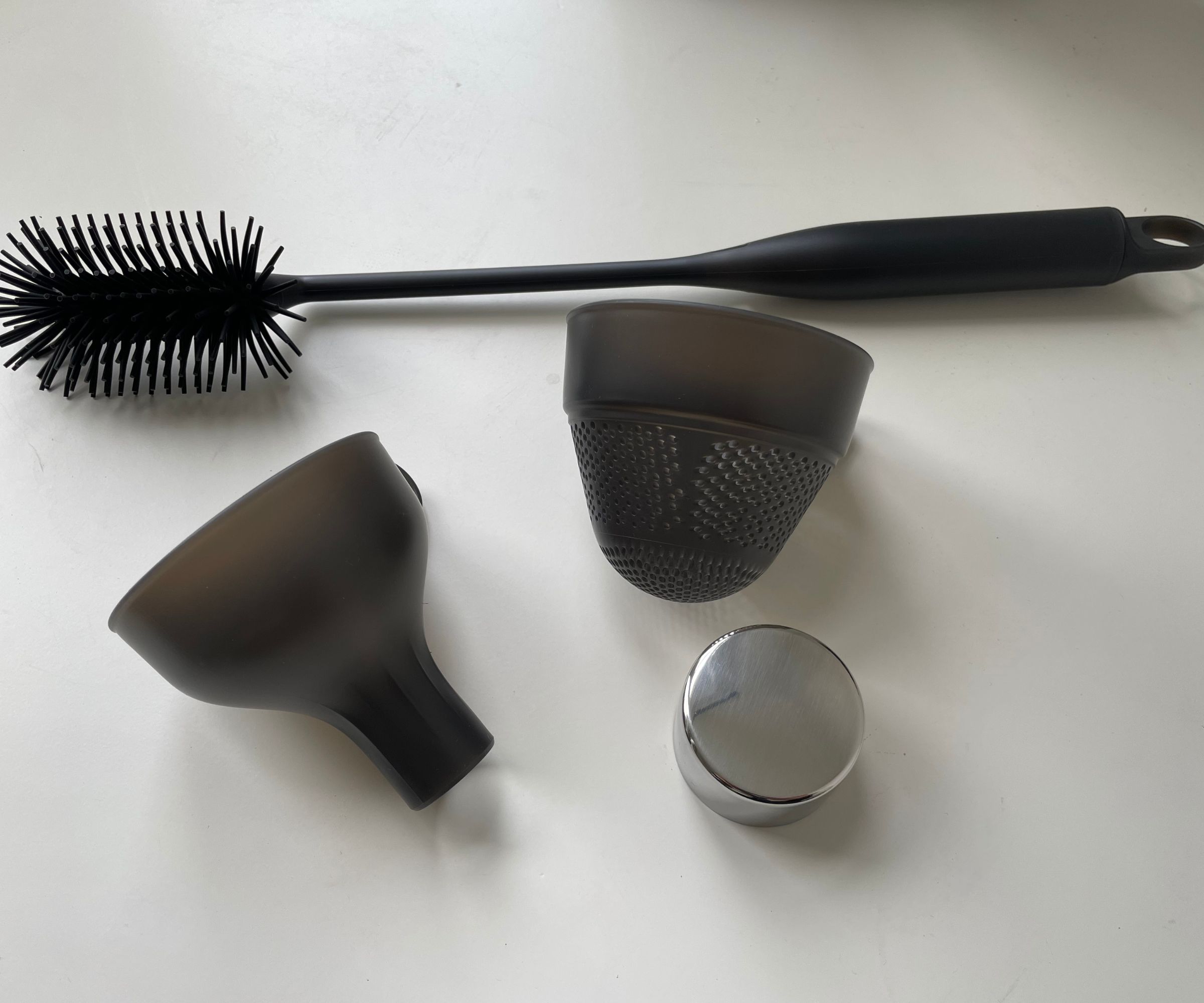
One of the blessings of juicer deep cleaning is that you don't need to buy any elaborate solutions or cleaning products. You'll probably have baking soda, lemon juice, and white vinegar in your cupboards at home. However, the nooks and tubes that are difficult to reach might require you to make some small investments. Both of the cleaning experts that I spoke with mentioned OXO's small cleaning brush set, which is available at Amazon. They're tailored for cleaning mesh screens and narrow parts. If you're waiting for yours to arrive, Yessica Bello, says 'You can use an old toothbrush, but you really do want a dedicated cleaning set.'
All the experts also say it's useful to have a microfiber cloth on hand for wiping down parts without leaving any lint. Most experts let the juicer parts air dry, but it's worth giving it a final wipe down before you reassemble the parts anyway.
FAQs
How often should I deep clean my juicer?
If you use it every day, you should deep clean your juicer every week. This will prevent you from having to tackle any seriously stubborn stains, odors, and residue. As long as you have a good cleaning routine for after every use of your juicer, deep cleans shouldn't be too painful.
How do I remove stains from my juicer?
You don't need to buy any special cleaning solutions to remove stains from your juicer. There are plenty of effective home remedies that will wipe away any colors or odors. Soaking parts in a solution of white vinegar and water is a great place to start. If that doesn't work, try a baking soda scrub or a lemon juice solution for more sticky stains.
It's important to stay on top of your regular juicer cleaning routine as well as your deep cleaning routine if you want your juicer to be energy-efficient and hygienic. I always recommend pre-empting when your juicer needs a clean by doing it regularly.

Laura is our eCommerce editor. As a fully qualified barista, she's our expert in all things coffee and has tested over thirty of the best coffee makers on the market. She has also interviewed Q-Graders and world-leading experts in the coffee industry, so has an intimate knowledge of all things coffee. Before joining Homes & Gardens, she studied English at Oxford University. Whilst studying, she trained as a master perfumer and worked in the luxury fragrance industry for five years. Her collection of home fragrance is extensive and she's met and interviewed five of the world's finest perfumers (also known as 'noses'). As a result of this expansive fragrance knowledge, she always puts quality and style over quantity and fads. Laura looks for products which have been designed simply and with thoughtful finishes.